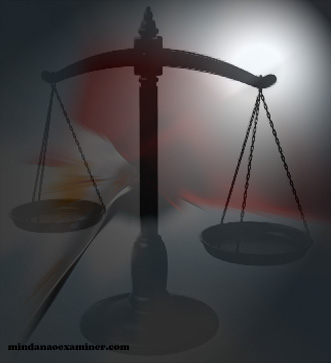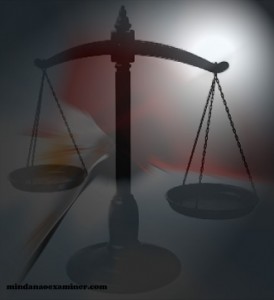
DAVAO CITY (Mindanao Examiner / Aug. 5, 2013) – The Hong Kong-based Asia Human Rights Commission on Monday urged Filipinos to write a letter to President Benigno Aquino and other government agencies to investigate the murder of a transport leader who had taken part in a campaign exposing corruption in the government’s transport board.
It said motorcycle gunmen shot Antonio Petalcorin, Sr., president of the Davao City-based group, Network of Transport Organizations (NETO) and a member of the Alliance of Progressive Labor.
He was shot three times at the garage of his residence in Maharlika Village on July 2.
The AHRC said it is also writing a separate letter to the UN Special Rapporteur on the extrajudicial, summary or arbitrary executions. It said Petalcorin’s name had previously appeared in the alleged military order of battle leaked in 2008.
It said the murder was caught on a closed-circuit television camera and showed the gunman as he left the scene riding on a motorcycle. A cartographic sketch of the gunman is now with the police.
AHRC, quoting documentation by the nongovernmental Task Force Detainees of the Philippines, said “Petalcorin’s wife heard her husband shouting after he was shot. When she hurried out to their garage her husband was already lying on the ground. She immediately called the emergency hotline. The emergency team, along with policemen, came after 15 minutes and by that time, Petalcorin was already dead.”
According to Petalcorin’s wife, she was not aware of any threats that her husband had received prior to his murder.
Emilio Rivera, another leader of a transport group in Davao City and former chairperson of Matina Aplaya Transport Cooperative, was also murdered on January 25, 2013. Both Petalcorin and Rivera took part in a campaign exposing corruption inside the Land Transportation Franchising Regulatory Board.
Extrajudicial killings are not uncommon in Davao City and many of the victims were individuals with police records. Most of the murders are blamed to the so-called Davao Death Squads, but human rights groups have also blamed the police and military for some of the killings of political activists and civilian suspected as communist rebels in Davao and nearby provinces. (Mindanao Examiner)

